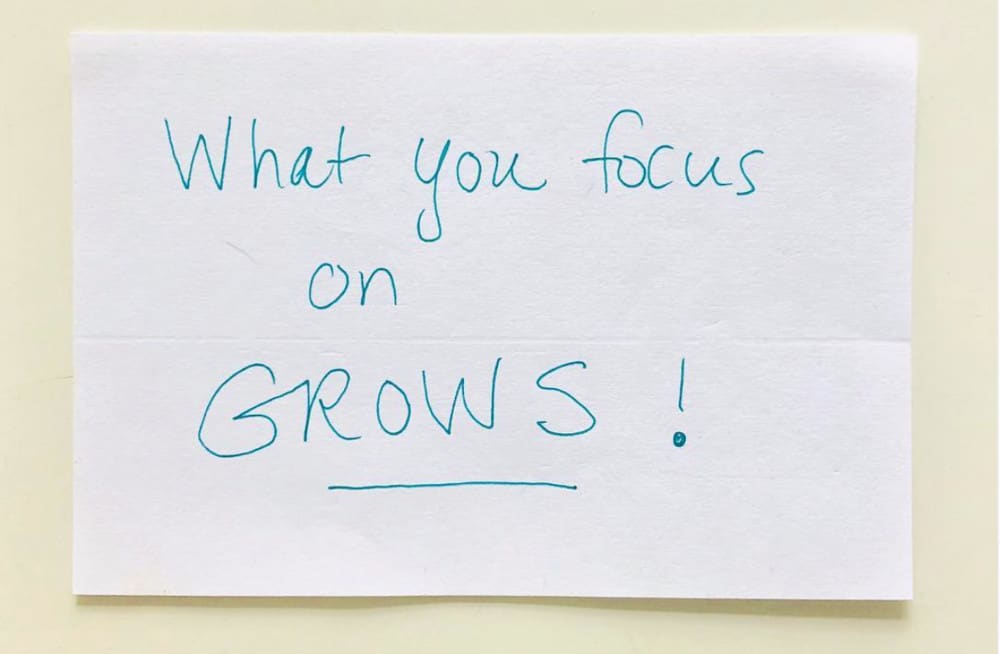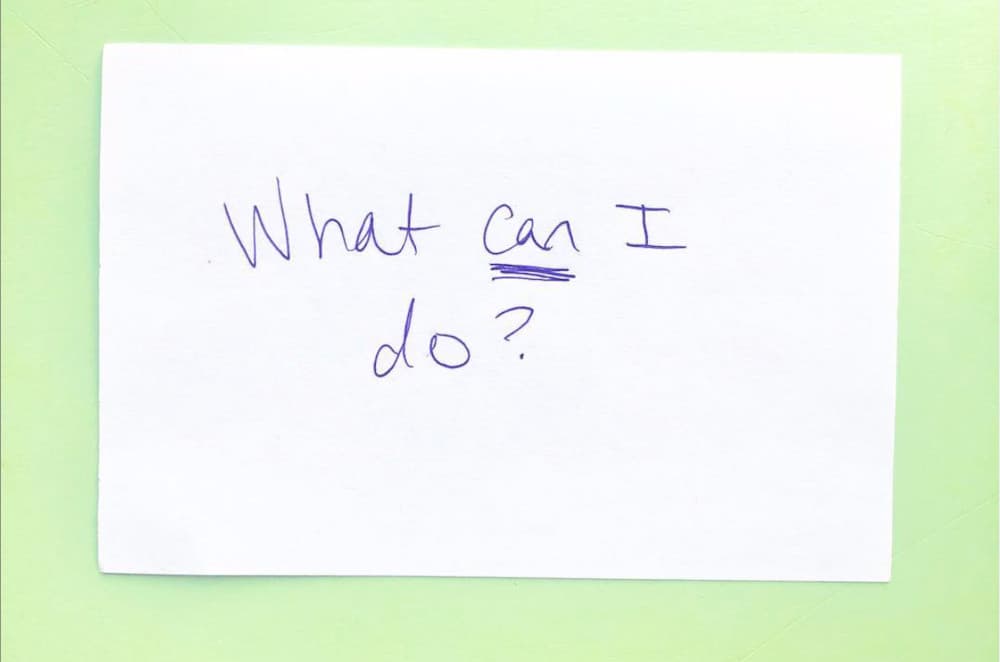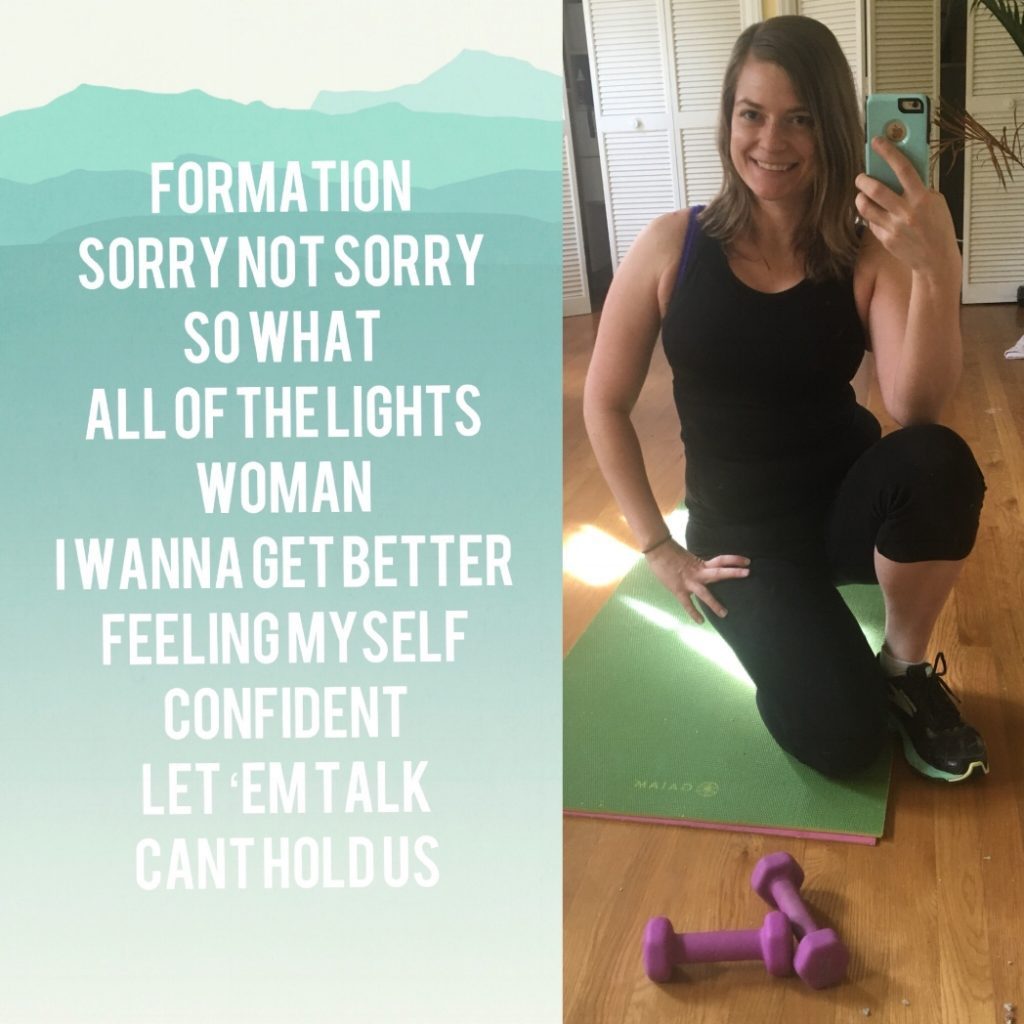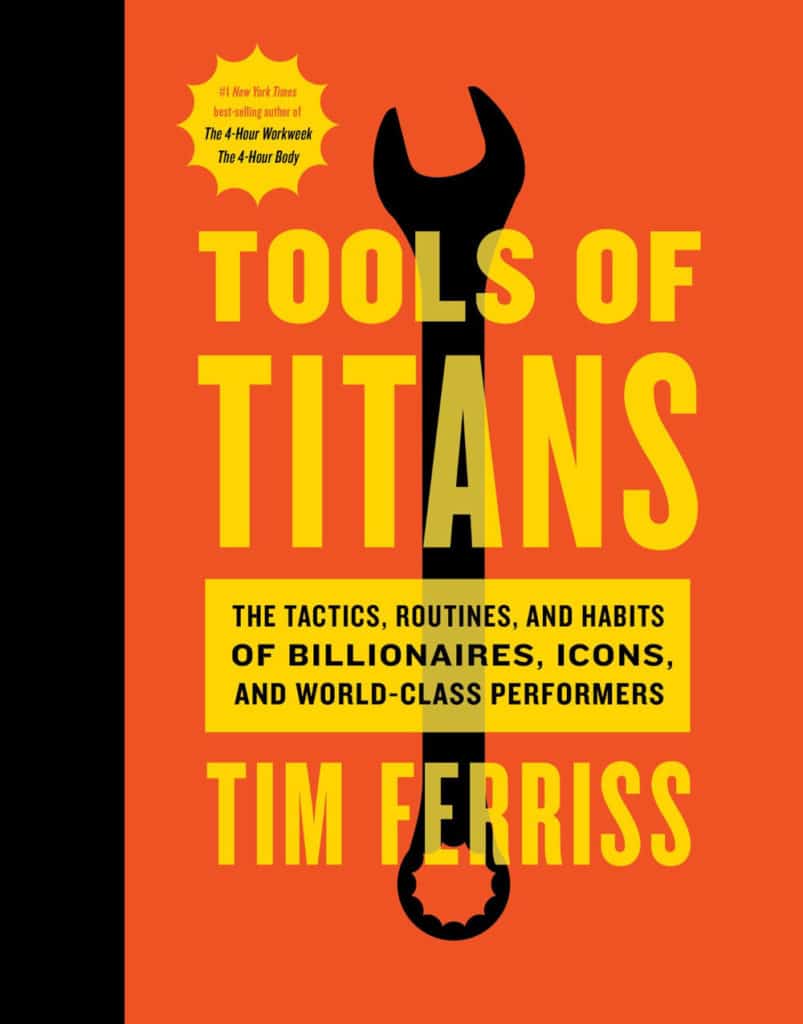*This post contains affiliate links. As an affiliate, I earn from qualifying purchases. This means when you make a purchase, I get a commission at no cost to you! Read more about my affiliates on my Affiliate Links Disclaimer.
If I could use three words to describe how I felt the entire time I was in graduate school, it would be “not good enough.”
Graduate school is INTENSE. Yes, you are smart, talented, amazing and passionate about science (my field), but guess what? So is everyone else in grad school! I found myself constantly measuring myself up to others.
I would publish a paper, feel good for a day or two, and then come back to the “not good enough” feeling, especially when I learned that others were publishing faster and more. This action of constantly measuring myself against others made me feel insecure and of course, not good enough.

Science can be especially hard on women. Women tend to be people-pleasers and do well when they receive positive feedback. Yet, in science, there is tons of rejection and criticism, and at times, feels like there is very little positivity. But now, I feel differently.
I still get feelings of “not good enough,” but now I know that doesn’t matter. I don’t have to be the best at everything. And I am good at PLENTY of things! Sometimes I’m the best at plenty of things. On the whole I feel like I have the opposite of impostor syndrome. I belong here. I earned my spot.
I’ve noticed that some of my younger colleagues are going through the same not-good-enough feelings so I’ve been reflecting on how I’ve changed and want to share my tips with you.
What is Impostor Syndrome?
Impostor syndrome was first described in 1978 by two female psychologists to “designate an internal experience of intellectual phoniness” (Clance, Pauline & Imes, Suzanne A., 1978). The study focused on women who were high achievers with their Ph.Ds.
Despite their accomplishments, the women didn’t think they were enough, deserved the level of success that they achieved, or that they belonged in their profession. They thought of themselves as impostors who fooled those around them into thinking that they belong, that they were just lucky, or that the institutions made a mistake by accepting them. They explained away their successes with excuses. Sound familiar?
In actually, of course they were not impostors! They worked for and deserved their accomplishments.

How Do You Know If You Have Impostor Syndrome?
Impostor syndrome makes you feel like you don’t really belong where you are in your profession, that you aren’t good enough, that there must have been some mistake when they chose you, and that one day you will be “found out.”

Impostor syndrome shows up in various ways. One of the easiest ways to tell if you have impostor syndrome is through your thoughts. If you have said any of the following to yourself, you have likely experienced impostor syndrome:
- I’m not good enough
- I’m a fraud
- They made a mistake
- They will find me out
- I don’t belong here
- I don’t deserve this (job, position)
You are not alone! Lot’s of us have gone through this.
Why Should You Try to Overcome Impostor Syndrome?
There are several reasons why you really need to overcome impostor syndrome. First, it can be debilitating!
If you are really thinking the thoughts listed above, it will most definitely affect your career. You cannot thrive at your job when you are constantly doubting yourself and thinking that you don’t belong. You will definitely miss out on opportunities that you deserve. How are you going to give an amazing presentation if you don’t feel good enough? Or be able to be an effective leader? Or mentor?
So much of what we pick up on of each other is our body language. Our thoughts have a physiological response that affects the way we carry our bodies. People will be able to see you are not confident or secure in what you are saying no matter how much you know your stuff. Think of Beyoncé and the way she moves and commands a stage. She can’t possibly be thinking “I’m a fraud” while acting like that; it’s incongruent.
The good news is that thoughts lead to emotions and that YOU can control your thoughts. If you can change your thoughts about impostor syndrome, this will change both you and your career and will make you SO MUCH HAPPIER. Here I am going to share with you how to do this.
These are the 13 tips that I learned from listening to a bunch of self-help podcasts and reading books in the same area.
13 Tips to Overcome Impostor Syndrome
1. Surround Yourself with Confident People that Support You
This was a game-changer for me to overcome Impostor syndrome. The energy of people tends to rub off on you. If you’re around a bunch of worriers, you’ll find yourself worrying.
By support, I don’t mean that they tell you that you are doing a good job or praise you in other positive ways (extremely rare in academia), but that they believe in you at some fundamental level. This could be your advisor or a committee member. If they are advising you or serving on your committee, this means that they believe in you and that they want you to succeed.
Instead of focusing on how much smarter these people are then you and how insignificant you may feel, watch the way they interact with people, especially colleagues, and learn from this. Do they ask questions in seminars and/or disagree with colleagues? How do they do it in terms of their voice projection and body language? Is everything that they say ground-breaking or a great idea? They might have even asked a very simple question. Have they ever asked the same question or have the same idea as you?
One of the things that I realized over the years is that yes, of course these people are smart, but it’s more about how confident they are in themselves and their ideas. They aren’t afraid to ask basic questions or “look stupid” because they know they aren’t. I do the same thing now. I don’t care if I say something stupid because I know I am not stupid. Study these people in your life and try to get them on your side.
If you don’t have anyone like this in your professional life, look to your personal life and beyond. My husband is extremely confident and he is in a different career than me. Going home to him at night and talking to him, and knowing that he believes in me really built up my confidence when I was having problems.
If you don’t have anyone at all like this, then you can seek out resources from books and podcasts (see tip #11).

2. Embrace and Reclaim Stupidity!
This is especially important to learn in graduate school. You are there to learn, that’s the whole point! It literally has SCHOOL in the name.
I was so afraid to ask questions in graduate school at the risk of looking stupid. But over the years, I watched my friend, who was older and more secure with the fact that she didn’t know everything, ask questions. I was amazed at how simple some of her questions were, but they were important and clarifying and questions that I had too. And there were no consequences! I never heard anyone talk about her or think that she was stupid. In fact, her questions help us all out.

Not asking questions is depriving yourself of knowledge, and as a student, that should be your goal in graduate school; you are there to increase your knowledge on a particular subject. By not asking questions, you are robbing yourself of a very important opportunity to grow in this field. Now, as a postdoc, I am not afraid to ask questions at all. No matter where we are in our professions, we deserve to learn. We will never grow, unless we can learn. If someone thinks you are stupid, that is their problem, not yours.
3. Go to Therapy
There is NO SHAME in going to therapy! In fact, I don’t understand this stigma at all. I LOVE therapy. Talking about yourself and your problems for an hour sounds like an extremely productive use of time!
Graduate school is a particularly difficult time and when impostor syndrome is likely at its peak. I was in and out of therapy before graduate school, but I definitely made sure to prioritize this right when I started graduate school. I highly recommend you start before you have any problems in graduate school too, that way you can develop a strong relationship with your therapist.
If you are in graduate school or college, it may even be free (it was at my university). If your therapist have Ph.D., the will understand exactly what you are going through. Don’t navigate this time alone.
4. Change Your Thoughts
I was surprised to learn from Dr. Shannon Irvine’s podcast that your thoughts create your emotions, and not the other way around. This is good news because if you aren’t feeling good enough, you can change your thoughts to overcome Impostor syndrome. It will definitely take work, but it can happen (I am living proof that it works).
Your brain is composed of neural pathways and thinking the same thoughts reiterates those pathways and make them more solid and difficult to change. Think of it like a trail in a forest. If you have a trail that lots of hikers use, it is going to be wider, more solid, and compact compared to a new trail that has just been cut and that people don’t use that much.

As the trees and vegetation grows back, it is much harder to walk on the trail. This is like comparing your old thoughts with new ones you are trying to make. Your old thoughts will come to you more easily because they are more solidly formed in your neural network, while the new ones will be less likely to come up and you will have to work at getting them to be more solid.
How can you do this? Affirmations is one way. Come up with thoughts that you believe in and say them over and over to yourself. You can even have cards and carry them throughout the day to remind you. The key is to make sure that you believe in them; if you choose thoughts that are too “advanced” for where you are at, you will reject them.

For example, if you want to overcome Impostor syndrome, you wouldn’t want to jump into “I am an amazing scientist,” but maybe start out with something along the lines of “I am training to be a scientist and I belong here.” Make sure it resonates with you and eventually through time you can level up and choose more powerful statements.

5. Visualize Your Future Self
Now, this may sound silly and new age to you (it did to me too), but research shows that it works. Most of the world’s major athletes incorporate visualizations into their trainings. Before the big race or game, they imagine themselves performing over and over again, preparing their mind for what success looks like.
Your brain actually has a hard time distinguishing reality from your imagination. That’s why if you think of the smell of freshly baked chocolate chip cookies, you will start salivating. Research shows that visualizations are so effective that your body can actually change; muscles can strengthen without moving.
If you spend time visualizing what you ultimately want (e.g. finishing your Ph.D., being an amazing scientist, publishing your papers), your brain will get used to those thoughts, and it will be much easier for you to start believing that you are good enough and that you belong in this field.
So take some time to daydream and imagine yourself succeeding at what you want. Close your eyes and imagine all of the details – how it feels, smells, what everything looks like. The more real you make it, the more effective your results will be.
6. Exercise to Change Your State
You’re probably wondering what in the world exercise has to do with impostor syndrome, but it’s actually an important part.
Your emotions have a physiological effect on your body. Think about when you are feeling sad or depressed. What is body posture like? How do you carry yourself? Compare this to when you are feeling happy or confident. Even just changing the way you hold your body can have an impact on your thoughts and emotions.
Exercise takes it to the next level by changing your physiological state through releasing endorphins, which make you feel good, and makes it much harder for you to feel bad about yourself. Exercise also reduces stress and puts you in touch with your body, increasing your presence and awareness of the moment you are in, and making you more mindful.
Being in the moment is helpful in reducing impostor syndrome because so much of Impostor syndrome is based on worry – worry about the past (e.g. How did I get here? My experiences are not as good as others) and the future (e.g. How am I going to pass my comprehensive exam? I don’t belong here and am not smart enough). When you are in the present moment, you aren’t worrying.
7. Listen to Power Music
This one is complimentary to the last tip. I love to listen to music when I exercise. I find music to be incredibly powerful in changing your mood, which can change your posture, and demeanor. Usually when we feel impostor syndrome, we don’t feel good about ourselves; we feel small and insecure.
Putting on music that you love and that is empowering to you, can make you feel differently. Music is especially powerful when the lyrics are powerful too. Check out my playlist of songs that make me fee confident.
8. Stay in Your Own Lane
Truth time: this one is the hardest one for me to follow. Staying in your own lane is something I have to remind myself to do over and over and over again. You are probably your worst critic!
At a conference I went to last year, a student I was friends with was terrified to present their research. Their project wasn’t finished, they didn’t have as much data as they though they would, and because they weren’t from the country where they did their research, they didn’t feel like the expert. In the room, there would also likely be people from that country who may or may not be experts.
One piece of advice I gave them was to stop comparing their beginning to other people’s ends. We are all at different stages of our scientific careers, but sometimes it can feel like everyone has it all figured out, but you. This can feeling can be especially strong at conferences, where so many professionals are presenting such quality work. It can be downright intimidating.
Comparing their work to others at later stages in their career is not only not helpful, it’s just not a fair comparison. It’s apples to oranges. Moreover, people in the audience would understand, especially those who have been in the field for a long time because they have been in your shoes!
9. Find Evidence That You Belong
Using the same example as above, another piece of advice I gave the student was to look for evidence that they belonged and were supported by other people. I happened to know their advisor who is an amazing conservation biologist and is actually pretty critical. Their advisor was the one that wanted this student to present!
If your (critical) advisor thinks you should present your work at an international conference, this is definitely a sign that you belong there and that you are good enough! If your work was not good enough, they wouldn’t want you to present and certainly would not be the one to initiate it. If someone else who has decades of experience in the field believes you can present and should, trust their word for it and use this as evidence that you belong.
10. Get Friends Outside of Your Field of Work
One thing that really helps me overcome Impostor syndrome is having friends outside of science (AKA my “normal” friends). In graduate school, all of my friends were scientists and quite often the things we talked about where science. When people haven’t seen you in awhile, they would ask you how your research is going. This constantly caused me to focus on my research and compare myself to others, even if I was trying to have fun.
However, now that I am in a postdoc and I didn’t have a built in friend network, I’ve had to meet friends other ways. I use the Meetup app and almost all of my friends are non-scientists. We hardly ever talk about research/science and when we do, I definitely feel like an expert and they treat me that way.
I’m not saying to not make friends with scientists (of course not!), but if you are having a difficult time not comparing yourself, it may be helpful to interact more with family members and friends who are not in the field. This definitely gives me some perspective and makes me realize how much knowledge I have.

11. Listen to Power Books (or Podcasts)
Read books and/or listen to books/podcasts that make you feel powerful and confident to overcome Impostor syndrome! If you cannot be your own cheerleader, find someone who can be one for you.
I personally find listening to have a better effect than reading because you can hear the energy in a person’s voice. I look for material where people have overcome adverse circumstances and it doesn’t have to be in science or your field to work. I listen to a lot of entrepreneurial podcasts, but honestly, the stories in these podcasts and the struggles these entrepreneurs face are the same as scientists. They often deal with Impostor syndrome themselves, and rejection and failure.
I also love the Tim Ferriss podcast as well as Leveling Up with Natalie Jill and The Tony Robbins podcast.
12: Talk to a Classroom
When writing your dissertation or a manuscript, you can get “lost in the weeds,” but presenting to kids makes you see the big picture. Kids can be amazed by seemingly simple things, like the fact that I got to work in a lab every day and work with pipettes and beakers. This amazement wears off on you and makes you feel like a superstar.
When I talk to kids, they remind me of how cool my research is and that I really am an expert. They are so excited and enthusiastic about science (most classrooms are, I recommend grades 4-6), that they don’t get caught up in the details of your research like your committee or coauthors do.
To arrange a talk to a classroom, check out Skype a Scientist.
What a blast talking to 6th grade girls about #climate #science, & meeting their lizard Norburg, thanks to @SRMS_Science & #skypeascientist. pic.twitter.com/2Wor7BkKcK
— Dr. Kim Cobb (@coralsncaves) November 8, 2017
13. Remember Your Why
My last tip to overcome impostor syndrome is to remember your true intentions, or in other words, the reason behind why you are where you are. Often when I am not feeling good enough or bogged down in the details of a project, I remind myself of my true intention for the project. Here’s my example.
I’ve been working on data analysis for a project on and off for over a year now. It’s in a new area of research that I was not trained in for my Ph.D. I have gone through many bouts of not feeling like I was good enough and certainly not knowing what I was doing. There have been some problems with the data set itself, and mistakes were made that I thought I caused. My mind automatically went to thoughts like “I can’t do this” or “I’m not a good scientist.” To bring myself out, I remembered two of my true intentions.
The first is animals. I got into this career, not because I love science, but because I love animals and conservation. When I finish this paper, it will have a real impact of the conservation of mammals in this region. My love of animals and love for this project will help me finish.
The second is, that as a scientist, you are always learning. Even though I graduated, there will always be new things to learn in any field. I may be behind in this one field, but this process of failing and repeating has taught me a lot!
That’s my gigantic list of 13 tips to overcome impostor syndrome. Do you have any others? Did you try any of these out? Let me know how it went in the comments below. No go off and tap into your inner Beyoncé.
Need more help with mental health? Check out some more free resources here.
Love this post? Share it with friends!








